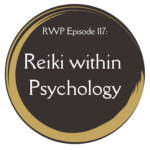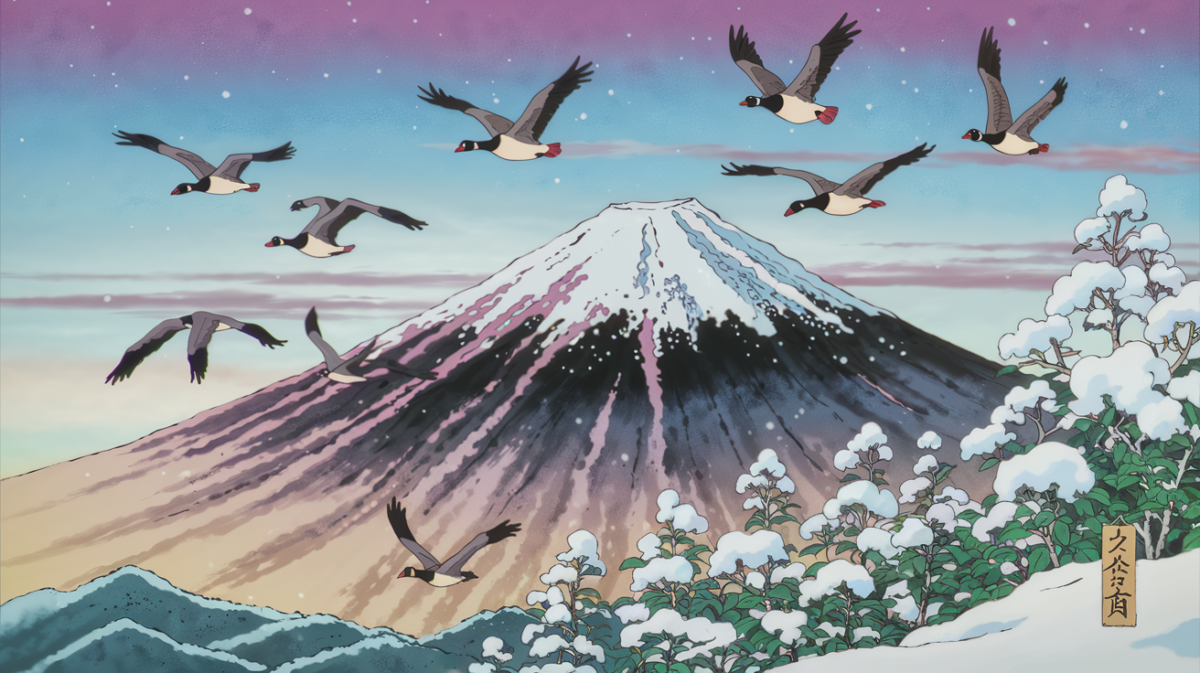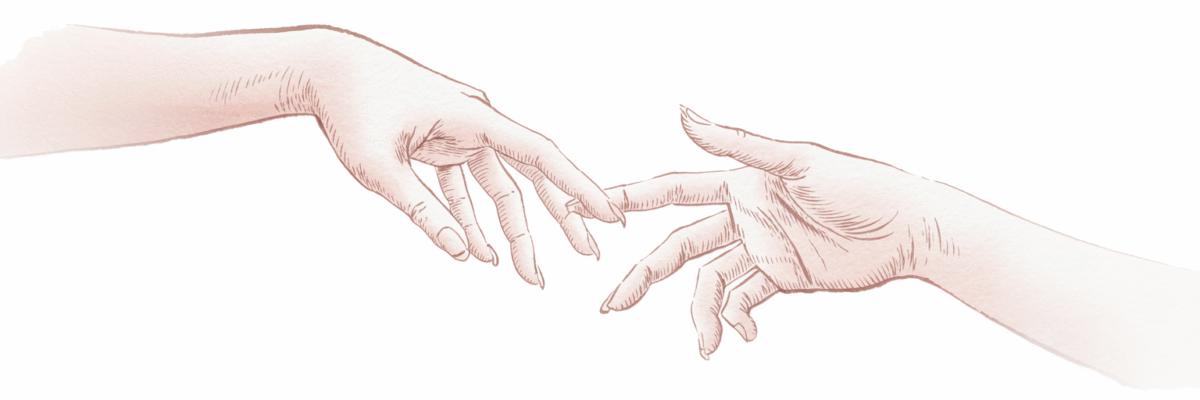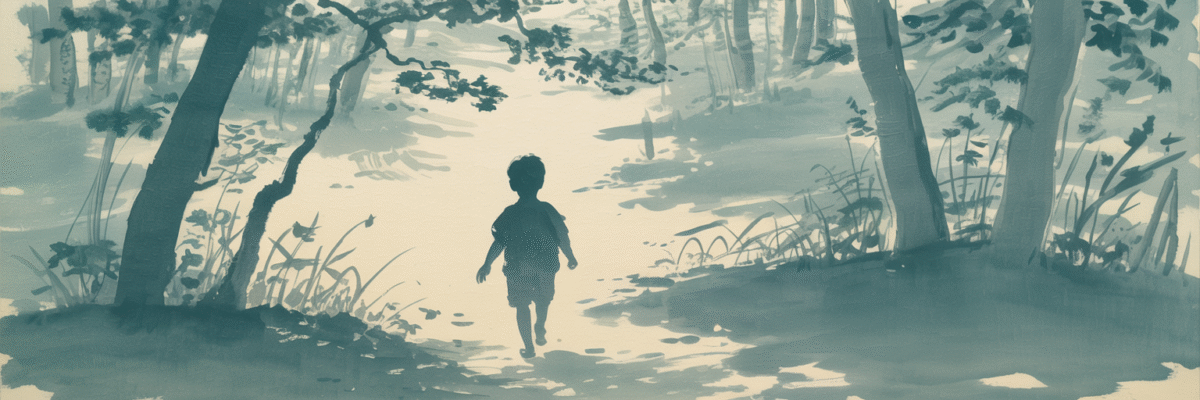
Reiki within Psychology with Reiki Women Podcast
January 24, 2024
Reiki Techniques Card Deck | How to unstick those damaging thoughts
February 5, 2024In a recent Reiki Women Podcast, we talked about Touch Deprivation and Carrie Varela brought up the lines of Mary Oliver’s poem “Wild Geese”, “the soft animal of your body, love what it loves” relating it to our innate need of touch. Such beautiful words. I couldn’t let them go. Human animals, by nature, are tactile creatures. We all love touch. From before we enter the world, touch is a fundamental aspect of our existence: it is our first sense. The womb, our first physical home, is where we touch our mothers and ourselves and it is nourishing and true. Touch serves as a language that communicates emotions, fosters connections, and satisfies a deep-seated need for intimacy.
Mary Oliver reminds us to cherish our bodies. When we touch ourselves and others in a consensual, nurturing manner a cascade of positive effects flows into our lives. Scientifically, touch releases oxytocin, the “love hormone,” promoting feelings of bonding and trust. It can reduce stress, calm hearts and blood pressure, alleviate anxiety, and create a sense of well-being. It is no wonder that touch is one of the five main elements of the system of Reiki.
As a Japanese practice, it is interesting to ponder the popularity of touch as a formal healing practice from the early 1900s. Not just for the system of Reiki but in many other practices of the time such as Jin Shin Jyutsu, Tenohira Ryôji Kenkyû Kai, Tomita Ryû Teate Ryôhô, Aikido, Yuki, Sei Tai, Johrei, Shiatsu and Mahikari. The system of Reiki was just one of many practices as you can see.
We can see the significance of touch and its benefits in the social, cultural, and spiritual world of Japan. Touch is often revered and used with a level of conscious awareness that we tend to overlook in Western countries.
The founder of the system, Usui Mikao, is quoted in the Usui Reiki Ryôhô Hikkei (manual) as saying that to use touch to heal we work with the “laying on of hands, tapping, and stroking”. Today, we mainly lay hands on (or just off) the body reminding ourselves of this healing space of wholeness and openness. This invites the benefits of touch in, to be with us and those we touch. In this sense, our hands are tools, triggering responses through touch.
Touch can also be seen as non-verbal communication. This is important in Japan whether it be a simple gesture like a bow, a handshake, or a light touch on the arm. It is not just the laying of hands, but the tap of comforting someone, or the stroke of empathy. Here connections of respect, gratitude and compassion are created—basic tenets of the system’s precepts and treatments.
Touch is often ritualised in Japan as well. For example, during traditional tea ceremonies, there’s a deliberate and careful exchange of the tea bowl, creating a tactile connection between the host and the guest. Gentle, thoughtful and compassionate elements arising directly from enacting the Reiki precepts. The mudra of our hands in gassho is just another example of ritualised touch, as we symbolically unite our emotional, spiritual and physical selves through touch.
Japanese spiritual rituals may also involve the touching of sacred objects or statues for blessings. These actions show the regard and power that the Japanese believe exists within touch. This respect for life (even life that may no longer be with us), and our interconnection with nature, reflects a deep understanding of the spiritual nature of our world, something our Reiki meditations constantly align us with.
Even public bath houses, an integral part of Japanese culture, honour our physicality and foster a sense of community, which can only be positive for our well-being. Although it may seem that there is no direct touch between bathers, when we work with the system of Reiki we come to learn that touch is symbolic, yet powerful, and can mean sitting with someone, or just being with someone IN this world, right here, right now.
The intention behind touch goes beyond the physical; naturally, we perform treatments and reiju with our hands on and off the body, and there is distant healing that is never “distant” as we invite others into our circle of awareness. The concept of touch is broad and encompassing as it extends to the spiritual and emotional realms, fostering balance and harmony in our body, mind and heart. When we embrace the “soft animal” within ourselves and others, we acknowledge the profound impact of touch on our well-being and our world.
Check out the Reiki Women Podcast on Touch Deprivation
WILD GEESE
Mary Oliver
You do not have to be good.
You do not have to walk on your knees
for a hundred miles through the desert repenting.
You only have to let the soft animal of your body
love what it loves.
Tell me about despair, yours, and I will tell you mine.
Meanwhile the world goes on.
Meanwhile the sun and the clear pebbles of the rain
are moving across the landscapes,
over the prairies and the deep trees,
the mountains and the rivers.
Meanwhile the wild geese, high in the clean blue air,
are heading home again.
Whoever you are, no matter how lonely,
the world offers itself to your imagination,
calls to you like the wild geese, harsh and exciting –
over and over announcing your place
in the family of things.






